Part 1: Introduction to Mosquito Myths
Mosquitoes, often regarded as pesky nuisances, are ubiquitous insects found in various ecosystems worldwide. Despite their small size, mosquitoes have garnered significant attention due to their role as vectors of diseases such as malaria, dengue fever, Zika virus, and West Nile virus. Alongside their reputation as disease carriers, mosquitoes have also become the subject of numerous myths and misconceptions. In this comprehensive guide, we will debunk common mosquito myths and provide evidence-based insights into these fascinating insects.
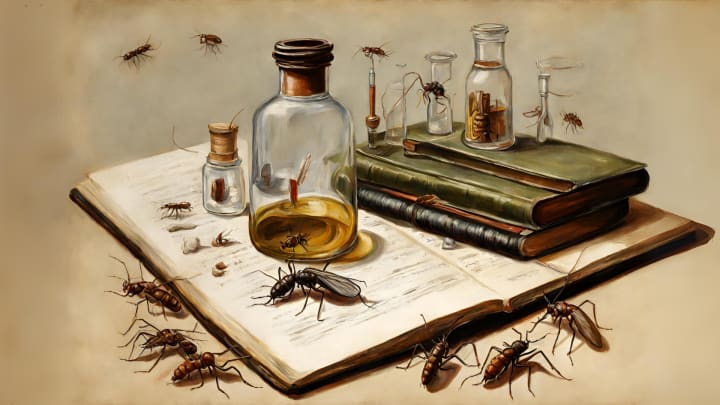
Part 2: Myth: All Mosquitoes Bite Humans
One prevalent myth surrounding mosquitoes is that all species indiscriminately bite humans. While it is true that many mosquito species feed on blood for reproductive purposes, not all mosquitoes target humans as their primary hosts. Mosquito species exhibit a wide range of feeding preferences, with some preferring birds, mammals, reptiles, or even other insects. Understanding the diverse feeding habits of mosquitoes is crucial for effective mosquito control and disease prevention strategies.
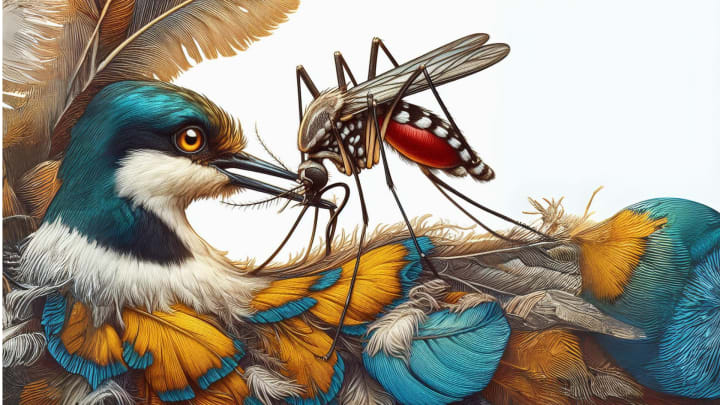
Part 3: Myth: Mosquitoes Prefer Certain Blood Types
Another common misconception is that mosquitoes are attracted to specific blood types. While it is true that individual variation in attractiveness to mosquitoes exists, scientific evidence does not support the notion that mosquitoes are inherently drawn to certain blood types over others. Factors such as body odor, carbon dioxide emissions, and skin temperature play a more significant role in determining mosquito attraction. Additionally, genetic factors and immune responses may influence individual susceptibility to mosquito bites.
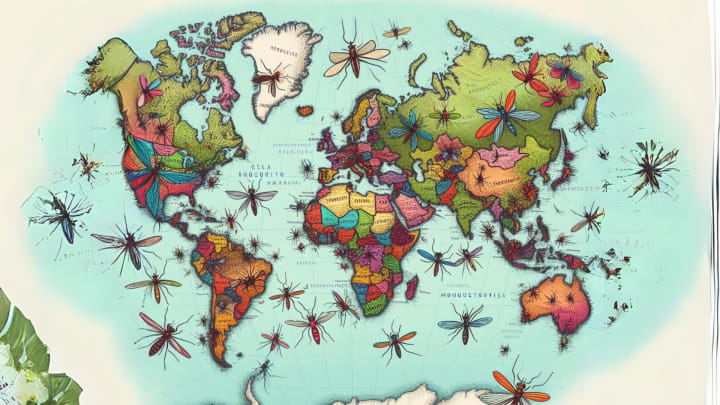
Part 4: Myth: Citronella Candles Repel All Mosquitoes
Citronella candles are often touted as natural mosquito repellents, but their effectiveness against all mosquito species is limited. Citronella oil, derived from the leaves of certain plants, contains compounds that can repel mosquitoes to some extent. However, the efficacy of citronella candles varies depending on factors such as concentration, wind conditions, and the species of mosquito present. While citronella candles may provide temporary relief from mosquito bites, they are unlikely to offer complete protection against all mosquito species.
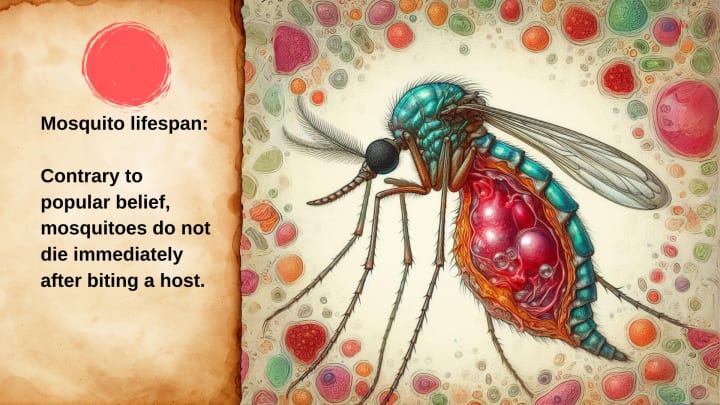
Part 5: Myth: Mosquitoes Die After Biting
Contrary to popular belief, mosquitoes do not die immediately after biting a host. Female mosquitoes require blood meals to obtain essential nutrients for egg development. After feeding, female mosquitoes can survive for several days to weeks, depending on environmental conditions and species-specific factors. Male mosquitoes, which do not blood-feed, typically have shorter lifespans than females. Understanding the lifespan and reproductive biology of mosquitoes is crucial for implementing effective mosquito control measures and reducing mosquito-borne disease transmission.
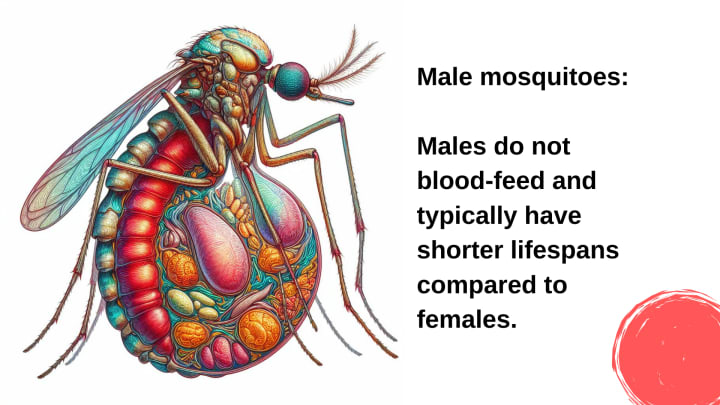
Part 6: Myth: Electronic Mosquito Repellent Devices Are Effective
Electronic mosquito repellent devices, including ultrasonic and electromagnetic gadgets, are marketed as innovative solutions to repel mosquitoes. However, scientific evidence regarding the efficacy of these devices is inconclusive. While some studies suggest that certain electronic repellent devices may have a limited effect on mosquito behavior, others have found no significant impact on mosquito attraction or biting rates. Factors such as device design, frequency emissions, and environmental conditions can influence their effectiveness. Consequently, relying solely on electronic mosquito repellent devices for protection against mosquito bites may not provide reliable results. It is essential to complement electronic devices with other proven mosquito control methods, such as insect repellents, protective clothing, and environmental management, to minimize mosquito-borne disease risks effectively.
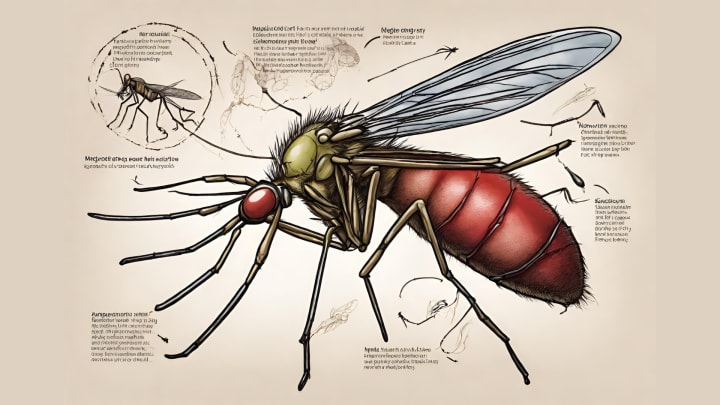
Conclusion:
In conclusion, debunking common mosquito myths is essential for promoting accurate knowledge about these insects and improving public health outcomes. By dispelling misconceptions surrounding mosquito behavior and biology, we can develop more effective strategies for mosquito control, disease prevention, and public education initiatives. By embracing evidence-based insights, we can empower individuals and communities to mitigate the risks associated with mosquito-borne diseases and coexist with these fascinating insects more harmoniously.
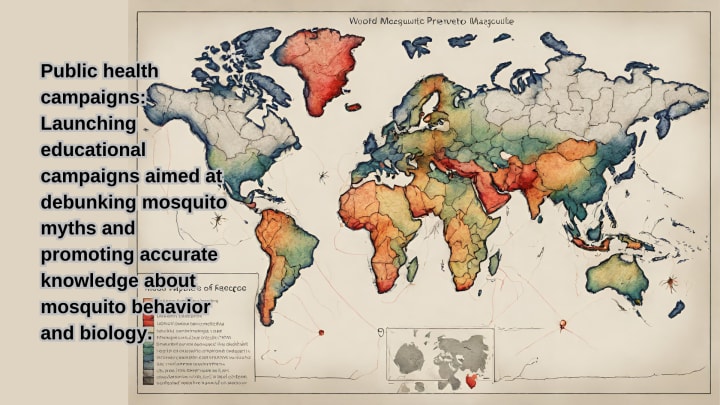






Comments
There are no comments for this story
Be the first to respond and start the conversation.